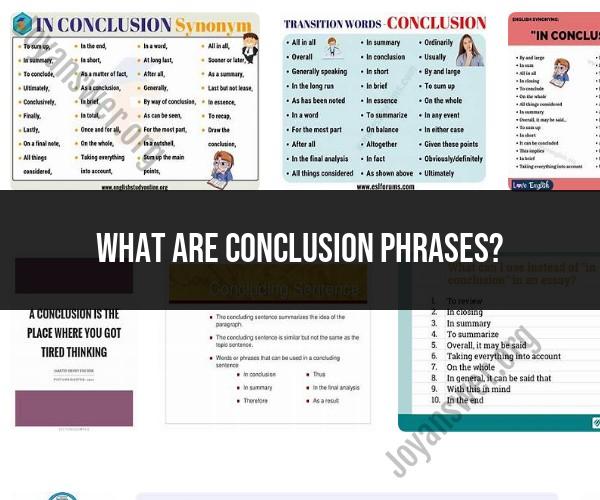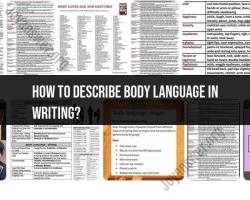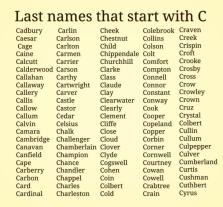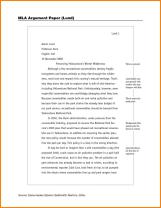What are conclusion phrases?
Conclusion phrases are expressions or sentences used at the end of a written piece to summarize the main points, provide a final thought, or leave a lasting impression on the reader. These phrases serve as a signal that the content is coming to an end and help tie together the key ideas discussed in the text. Here are some common conclusion phrases and their purposes:
In conclusion: Signals that the summary or final thoughts are about to be presented.
To sum up: Summarizes the main points or key arguments discussed in the text.
To summarize: Indicates the intention to provide a brief overview of the main content.
In summary: Similar to "to summarize," it introduces a concise recap of the key points.
Overall: Offers a general assessment or overview of the entire topic or discussion.
In essence: Highlights the core or essential elements of the content.
In brief: Suggests a concise and to-the-point summary of the main ideas.
To wrap it up: Signals the conclusion and encourages readers to focus on the final thoughts.
To conclude: Indicates that the writer is reaching the end of their argument or discussion.
As a result: Explains the consequences or outcomes of the information presented.
Henceforth: Suggests a logical conclusion or progression from the previous content.
Therefore: Signals a logical consequence or inference based on the preceding information.
Thus: Introduces a conclusion or deduction drawn from the evidence or arguments presented.
In the final analysis: Emphasizes that the conclusion is based on a comprehensive examination of the subject matter.
To put it simply: Offers a straightforward and simplified explanation or summary.
To bring this to a close: Signals the end of the discussion or presentation.
To draw a conclusion: Indicates that the writer is making a final inference or judgment.
In the end: Suggests that the ultimate or final point is about to be made.
In closing: Prepares the reader for the concluding remarks.
Last but not least: Highlights the importance of the final point or idea.
These conclusion phrases can help writers effectively wrap up their essays, articles, reports, or speeches, leaving the reader with a clear understanding of the main takeaways and a sense of closure. The choice of the appropriate phrase depends on the tone and purpose of the writing.











